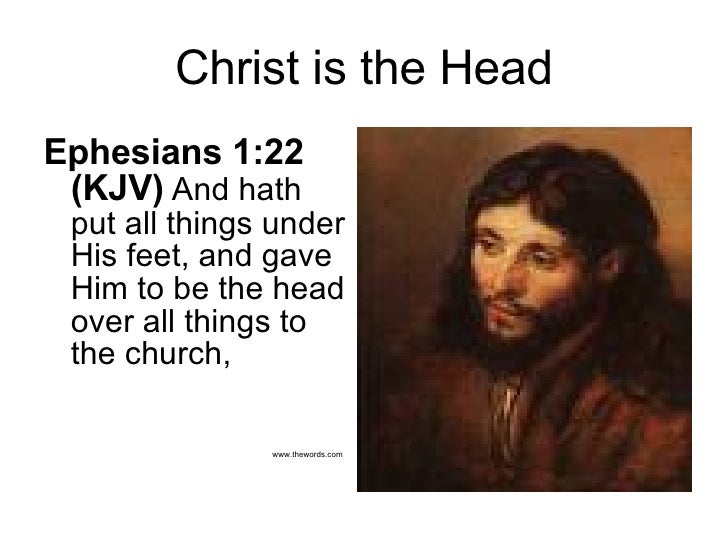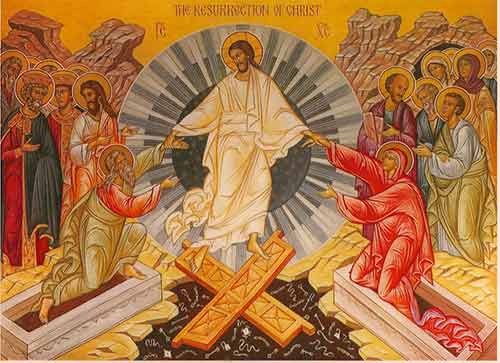Edward F. Lundwall, Jr.
Love takes its value and blessing from who one loves. Christians love the Lord Jesus Christ and find the things of Himself of supreme value. Love in the Christian experience is an essential mark of being born again. (1 John 3; John 13;34, 35).
 God is love (1 John 4:16) and “Every good thing given and every perfect gift is from above, coming down from the Father of lights, with whom there is no variation or shifting shadow.” (James 1:17). Heaven's love treasures are experienced and appropriated by faith in the God of love. Our fellowship with God is the fellowship of love lived according to the will of God (James 4:2, 3).
God is love (1 John 4:16) and “Every good thing given and every perfect gift is from above, coming down from the Father of lights, with whom there is no variation or shifting shadow.” (James 1:17). Heaven's love treasures are experienced and appropriated by faith in the God of love. Our fellowship with God is the fellowship of love lived according to the will of God (James 4:2, 3).Some seem to think that love as an emotion has virtue apart from God, an independent virtue! However, love as emotion is only "aspirin" love. It makes one feel good for a while, until it wears off. Worse, such fleshly love can bring the person into opposition to God's love.
Love is expressed in obedience to God. Genuine love, as expressed by faith, produces obedience to Him according to His Word (John 10:27-30;14:15; Rom 1:5; 16:24-27). There are priorities in how this love is expressed. First, to those nearest us: our families, neighbors, and fellows at church. Families have happiness when they accept their role in their families that God has placed them (1 Cor 12:19). We are to love especially those in our immediate household. Not to do so is to deny the faith and be worse than an infidel, according to the Apostle Paul. "But if any provide not for his own, and specially for those of his own house, he hath denied the faith, and is worse than an infidel. (1 Tim 5:8).
This first priority of love is not to become an idol, however. The Lord sometimes asks us to follow in a way that takes us away from family, friends and church. "He that loveth father or mother more than me is not worthy of me: and he that loveth son or daughter more than me is not worthy of me. 38 And he that taketh not his cross, and followeth after me, is not worthy of me." (Matt 10:37-38).
In all our relationships "the fear of God" is to be functioning. This background of love and spiritual relationships is well illustrated in Ephesians 5:21-25.
Submitting yourselves one to another in the fear of God.
Wives, submit yourselves unto your own husbands, as unto the Lord.
For the husband is the head of the wife, even as Christ is the head of the church: and he is the saviour of the body.
Therefore as the church is subject unto Christ, so let the wives be to their own husbands in every thing.
Husbands, love your wives, even as Christ also loved the church, and gave himself for it...
Since love is experienced through our relationship with the Lord Jesus, it functions properly only according to the spiritual role we accept and seek to fulfill by His grace.
Related reading: Christian Marriage; Facets of Married Love




